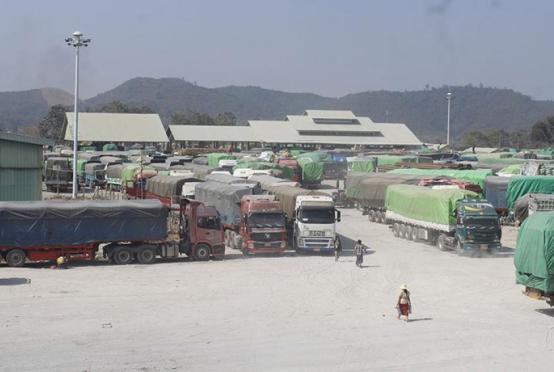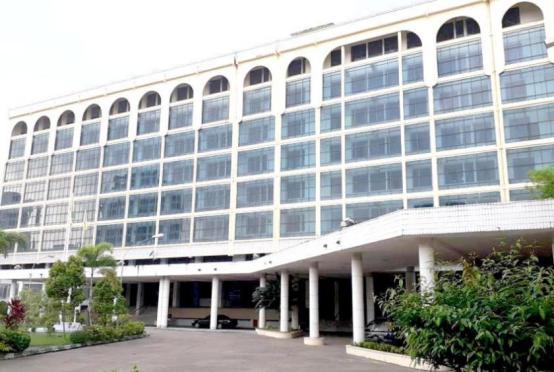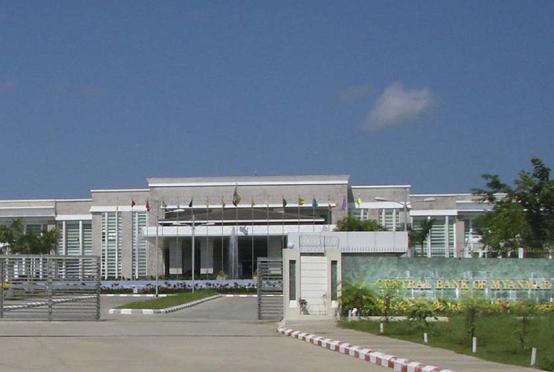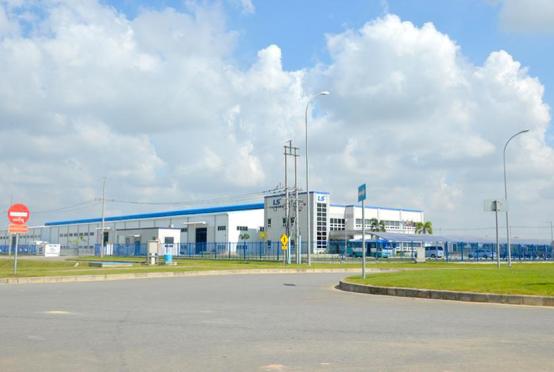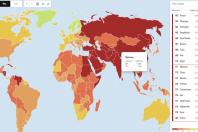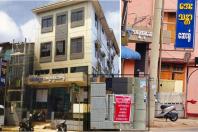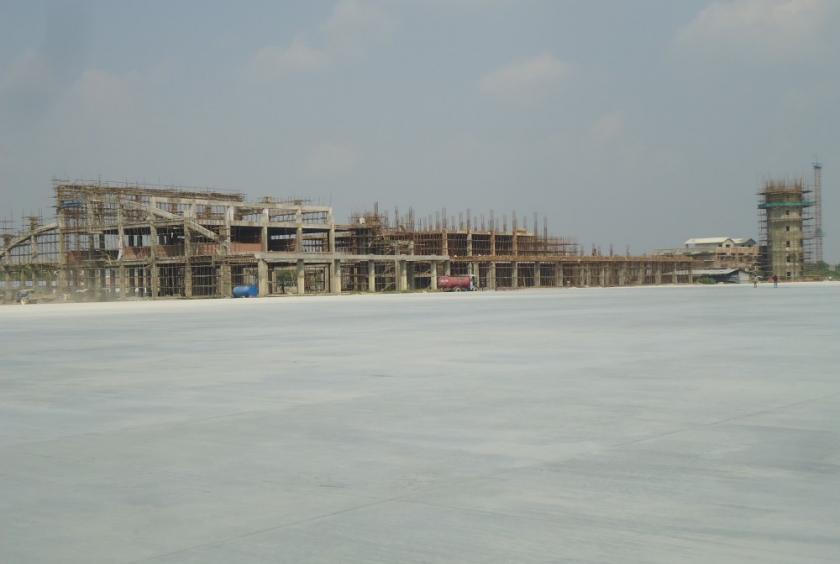
Kathmandu (Kathmandu Post)- Aeronautical Radio of Thailand is likely to win the bids for the installation of communications, navigation and surveillance (CNS) and air traffic management (ATM) systems at the Gautam Buddha International Airport project in Bhairahawa.
Among the financial proposals of the three shortlisted bidders that include GECI Espanola of Spain and a joint venture of MSI-Aeronav, Aeronautical Radio of Thailand, a state enterprise under the Ministry of Transport of Thailand quoted the lowest price for the development of the second phase of the project, sources at the Civil Aviation Authority of Nepal (CAAN) said.
The financial bids were opened on Friday. The Aeronautical Radio of Thailand quoted a price of around Rs560 million, an amount way lower than the Rs800 million CAAN estimate, the sources said.
Pradip Adhikari, director of the national pride project under the CAAN, said that they have to make a final evaluation of the bidders before the contract is signed.
“After making the evaluation, it will be sent to the Asian Development Bank (ADB), the financer of the project, seeking its no-objection letter,” he said, adding that after getting the go-ahead from the ADB, the project contract would be signed with the lowest bidder. “However, before that, there would a round of negotiation regarding the price and installation time.”
“If things go as planned, the CNS and ATM works will begin by February as we need to allocate preparation time for the contractor,” said Adhikari, who oversees the project.
Seven international companies had responded to the CAAN’s tender notice.
The duration of the second phase of the project is nine months from the day the contract is awarded.
The project is divided into four phases: installation, testing, commissioning and flight calibration of navigation and communication systems. The government had planned to commence commercial operations of the airport by August, but due to delays in the implementation of the second phase, it has been pushed back to the end of 2019. The total time for the completion of the second phase is 270 days.
The project plans to open the airport’s 3,000-metre-long and 45-metre-wide runway for domestic flights by March.
According to the project, the airport will be equipped with an Instrument Landing System (ILS) which allows approach and landing even in poor weather conditions. There are different standards of ILS, namely CAT I, CAT II and CAT III. Aircraft can land at the airport under the CAT I system when visibility is 550 metres. Under CAT II, planes can land when visibility is 350 metres.
Initially, CAAN had planned to install CAT II, but it dropped the idea due to its high cost. The project has now decided to install CAT I with a system that will allow it to upgrade to CAT II when desired, according to project officials.
CAAN awarded the Rs6.22-billion upgradation contract to China’s Northwest Civil Aviation Airport Construction Group in November 2013. The airport was initially slated to be ready by December 2017. However, fuel and building material shortages due to the months-long Tarai banda in 2015 delayed the upgradation works by six months, and its operation deadline was revised to June 2018.
Subsequently, a dispute over payment between the Chinese contractor and the Nepali sub-contractor (Northwest Infra Nepal) stalled works at the construction site for more than six months. As a result, the project deadline was extended many times after the initial extensions.
https://kathmandupost.ekantipur.com/news/2019-01-20/thai-firm-likely-to-...

